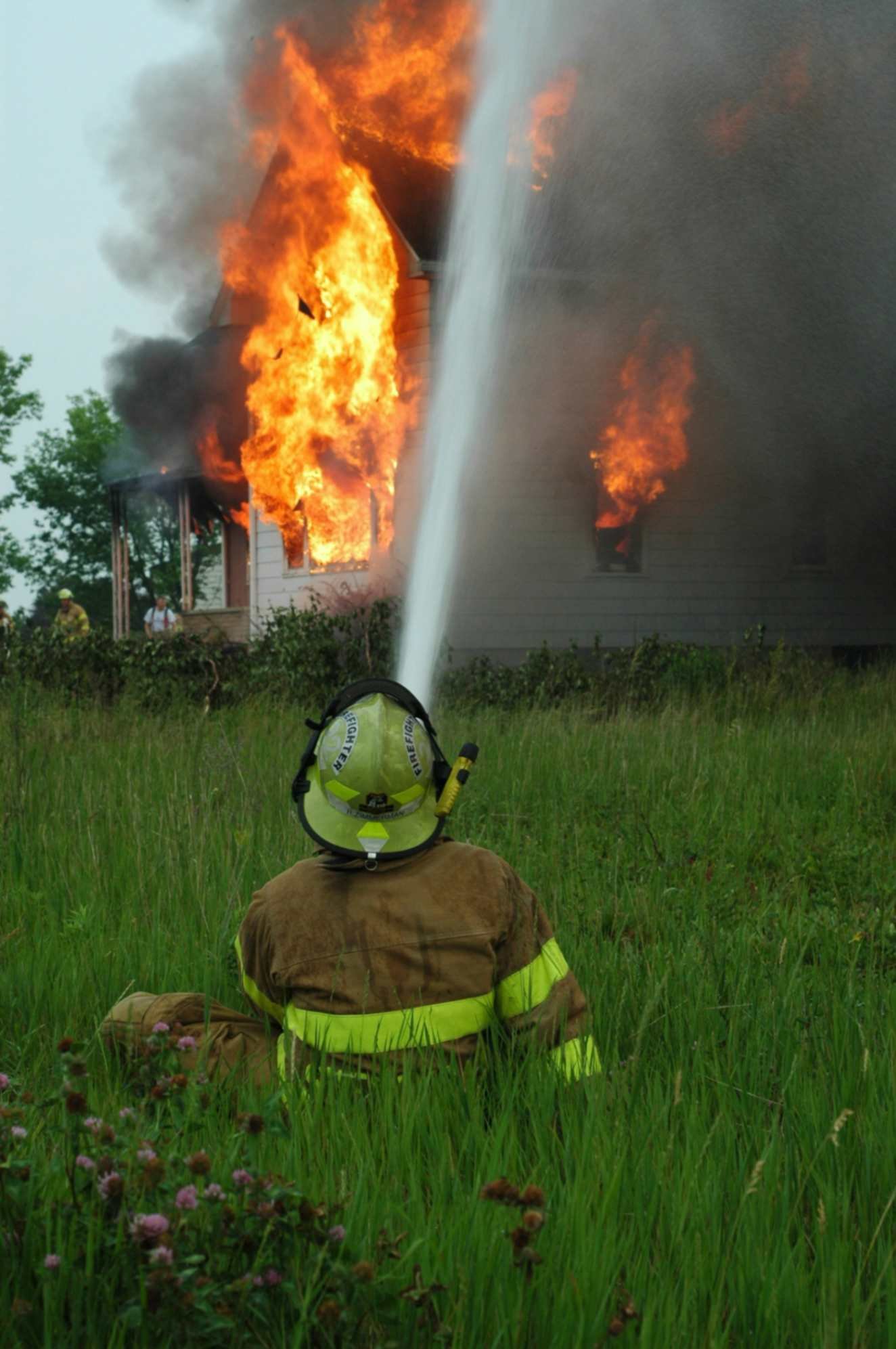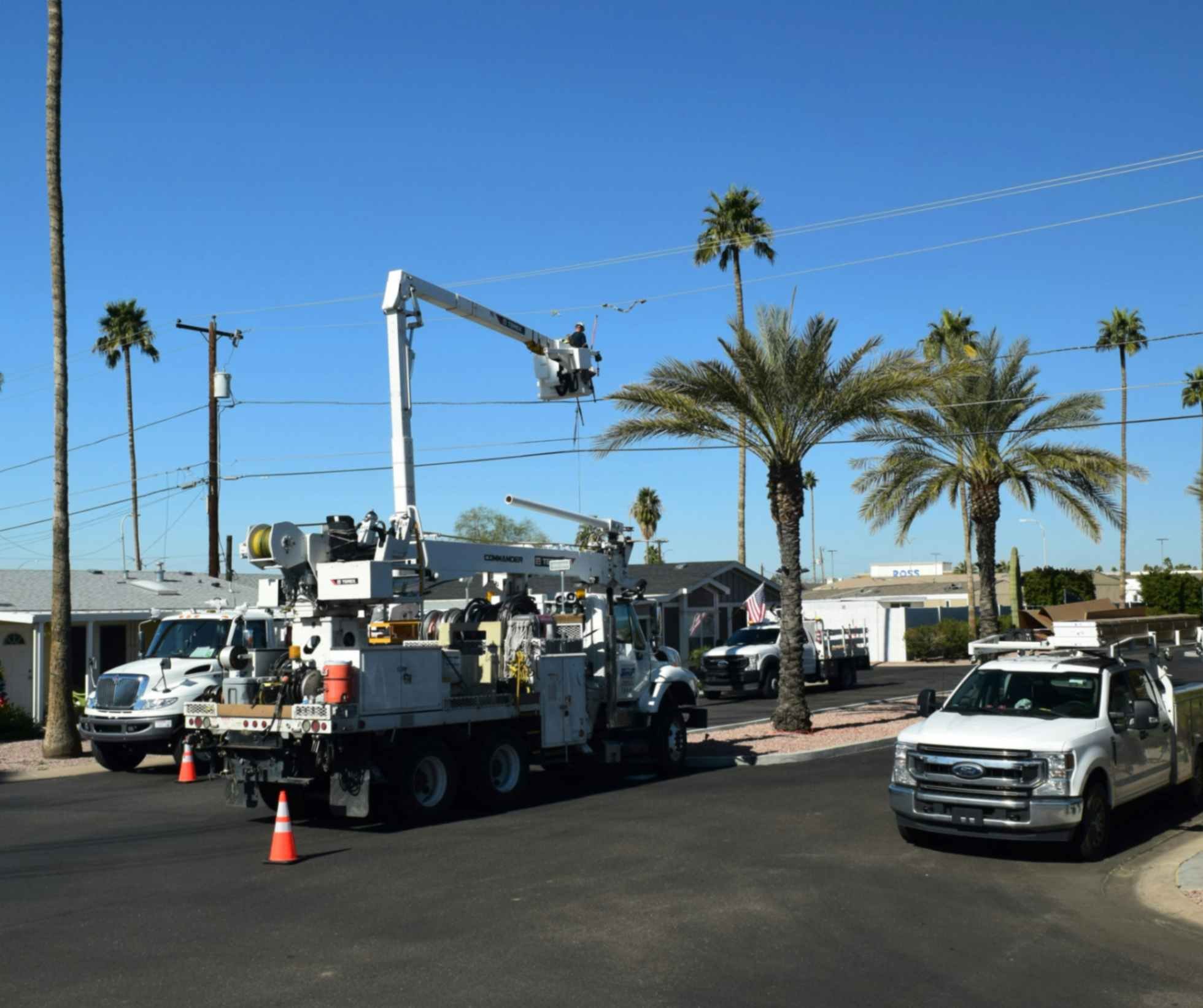Electrical Emergencies - How to Prepare and Prevent
What to Do in Case of an Electrical Emergency
Electrical emergencies can happen unexpectedly and pose serious risks, including fires, shocks, and power outages. Knowing how to respond quickly and safely can make a significant difference in preventing injuries and minimizing damage. Here’s a step-by-step guide on what to do in various electrical emergencies.
1. Electrical Fire
An electrical fire can be extremely dangerous, especially if it spreads quickly. Follow these steps to handle it safely:
Do not use water: Water conducts electricity and can make the situation worse.
Turn off the power: If it is safe to do so, unplug the device or switch off the power at the circuit breaker.
Use a fire extinguisher: Only use a Class C fire extinguisher designed for electrical fires.
Evacuate and call 911: If the fire spreads or is uncontrollable, leave the area and call emergency services.
2. Electric Shock
If someone receives an electric shock, take the following steps:
Do not touch the person: They may still be in contact with the electrical source.
Turn off the power: Shut off the circuit breaker or unplug the appliance if safe.
Use a non-conductive object: If you must move the person, use a dry wooden stick or rubber item.
Call for emergency help: Seek medical attention immediately, even if the person seems fine.
Perform CPR if necessary: If the person is unconscious and not breathing, perform CPR until medical professionals arrive.
3. Power Outage
A power outage can range from a minor inconvenience to a major emergency. Here’s what to do:
Check for a widespread outage: Look outside to see if neighboring homes are also affected.
Turn off appliances: Unplug sensitive electronics to prevent damage from power surges when the power returns.
Use flashlights, not candles: Flashlights are safer and reduce fire risks.
Check with your power company: Report the outage and follow updates on restoration efforts.
Stay warm and safe: In cold weather, use blankets and layers instead of risky heating methods like open flames.
4. Downed Power Lines
Downed power lines are extremely hazardous. If you encounter one:
Stay at least 30 feet away: The ground around the wire may be energized.
Do not touch anything in contact with the wire: This includes cars, fences, or puddles.
Call 911 and the utility company: Report the downed line immediately.
Warn others to stay away: Keep pets and children at a safe distance.
5. Sparking Outlets or Burning Smells
If you notice an outlet sparking or smell burning plastic:
Unplug devices connected to the outlet.
Turn off the circuit breaker for that area.
Call an electrician to inspect the issue before using the outlet again.
Final Thoughts
Electrical emergencies can be life-threatening, so it’s important to remain calm and act quickly. Always prioritize safety, call emergency services when necessary, and ensure your home is equipped with fire extinguishers and emergency plans. By being prepared, you can significantly reduce the risks associated with electrical hazards.


